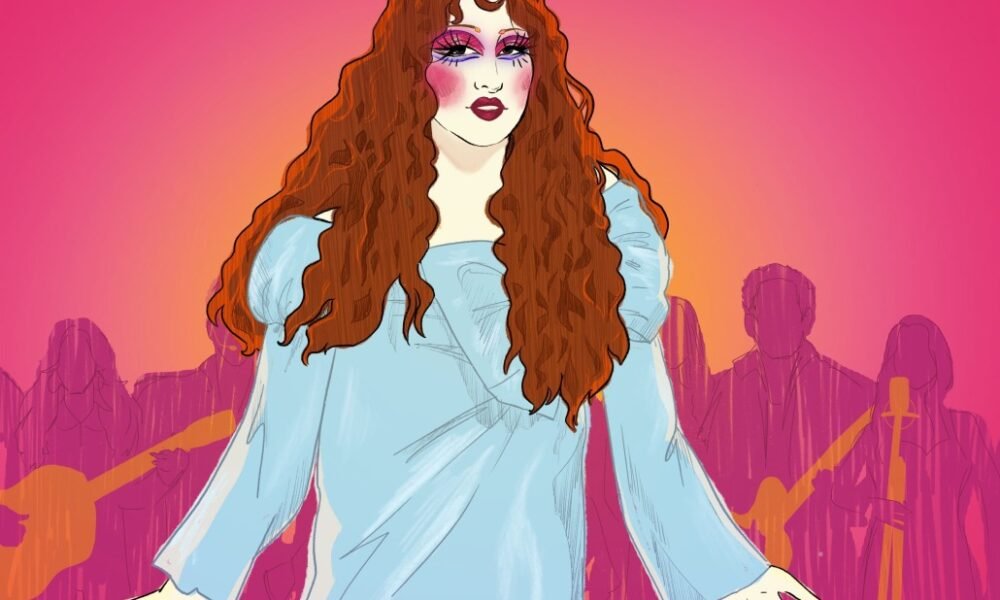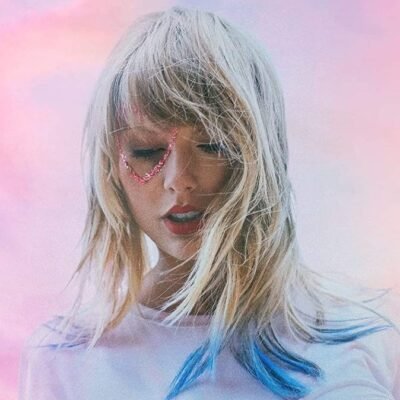
Artists deserve employee benefits too
After winning Best New Artist at the 67th Grammy Awards on Feb. 2, pop vocalist Chappell Roan chose to forego the cliche, thank-you-filled acceptance speech that most artists perform. Instead, she decided to call out the music industry that had recently lifted her to stardom.
“I told myself that if I ever won a Grammy and got to stand up here before the most powerful people in music, I would demand that labels in the industry profiting millions of dollars off of artists would offer a livable wage and health care,” Roan said.
Staying true to her roots, Roan was once the struggling underground artist who couldn’t afford basic life necessities or health care. After being signed to Atlantic Records in 2015, she was dropped five years later because she was deemed not profitable enough.
Daily headlines, sent straight to your inbox.
Subscribe to our newsletter to keep up with the latest at and around USC.
Thousands of artists are currently signed to major labels, yet less than 1% of them will ever achieve “success” in the industry — having their music released, fulfilling a multi-album record deal and achieving a Billboard hit. Apart from this extremely high standard of industry “success,” though, only around 1 in 10 acts are profitable for their labels, leading to the majority of artists being either shelved or dropped entirely.
In an industry as volatile as recording music, artists deserve protection from predatory deals. This is especially true in the digital age of streaming and short-form content, where competition for new artists is skyrocketing, and so is the rate of failure.
But while Roan focused on the lack of label-sustained resources for artists, a larger problem exists in the industry: unawareness.
Major label artists may not be directly compensated through their contracts, but unions such as SAG-AFTRA exist to combat these types of labor exploitation in the entertainment industry. Any artist signed to one of the big three labels — Warner Music Group, Universal Music Group or Sony Music Entertainment — qualifies for health insurance coverage through a number of unions.
The only issue is the widespread lack of understanding and organization of artist unions.
In an interview with Rolling Stone, United Musicians and Allied Workers founder Joey La Neve DeFrancesco said, “Artists in the music industry are simply not organized enough … The solution to a lot of these issues has to inevitably be joining an organization and taking collective action, to force the industry to take artists more seriously.”
Roan’s statements manifest a broader trend in creative professionals advocating for labor rights in the entertainment industry. They follow in the footsteps of the SAG-AFTRA strikes in 2023 that resulted in job protections amid the rise of generative artificial intelligence.
But as more and more industries begin to organize for benefits like healthcare and job security, it’s becoming more apparent that the true culprit behind struggling workers in all fields is the lack of governmental intervention in the economy.
The only way to secure not only artists’ rights to healthcare but also the rights of all unionized workers is to pass legislation restricting corporations’ ability to take advantage of their employees, whether they are major record labels or film production companies.
Laws such as the Living Wage for Musicians Act, proposed last year in Michigan by Rep. Rashida Tlaib, would adapt to the streaming era by raising artist royalties per stream. Since streaming now accounts for 84% of recorded music industry revenue in the United States, it only makes sense for streaming to make up the majority of an artist’s income.
Neither record labels nor streaming platforms would be able to exist without the work of artists, yet the balance of power in the music industry is the opposite. If artists are expected to work full-time towards creating music that fuels the rest of the industry, they deserve to be compensated with a livable wage and the same benefits that any other full-time employees would receive.







No Comment! Be the first one.